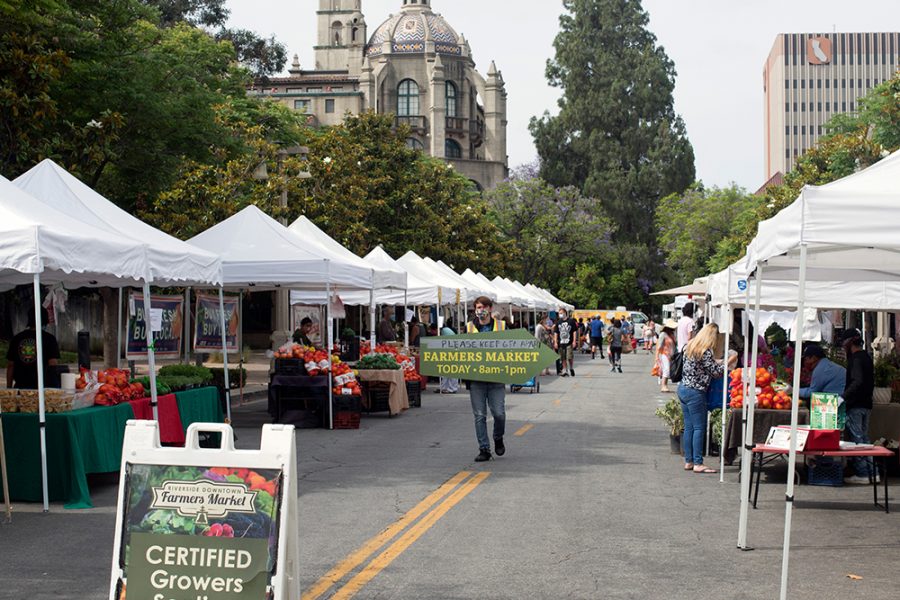The popularity of farmers markets has swelled over the last three decades, from only 1,755 in 1994 across the country to 8,771 in 2019. The expansion has slowed somewhat in recent years, but that doesn’t necessarily mean the demand has peaked. The stagnation could simply mean that local government restrictions have limited the prospects for growth.
Legislation in Sacramento could change that. Assembly Bill 441, which started as an earned income tax credit proposal but was later amended, would streamline the market permit process and “pave the way for night markets and farmers’ markets by cutting red tape and costs,” CalMatters reports.
The bill, says Assemblyman Matt Haney, “will for the first time create a dedicated, extended permit for farmers markets and night markets across California, allowing them to recur throughout the year without repeating paperwork and fees.”
The San Francisco Democrat seems to believe there isn’t anything not to like about the bill.
“There’s no constituency in California calling for more red tape and paperwork,” said Haney.
We can think of one interest group that would oppose greater freedom for farmers markets to operate – the California Grocers Association, which might not like the competition – but Haney is mostly right. There can’t be that much opposition to removing barriers to farmers markets.
The liberty-minded are likely to have no reservations getting behind a bill that expands the freedom of exchange and the occasion to peaceably assemble. Voluntary trade is at the core of economic freedom, as is the broadening of choice.
Overlapping with the freedom camp are those who believe that economic opportunity should not be smothered by public policy. Governments habitually erect obstacles to entrepreneurs and small business. The Pacific Farmers’ Market Association says “that farmers’ markets can serve as an effective avenue to economic opportunity for small-scale farms when those farms are matched with communities in which their products are sought and the farm’s story – from its history to its farming practices – is valued by local consumers.”
The foot traffic at farmers markets also tends to spill over to nearby businesses. They are a central part of strategies for transforming main streets across the country. Beth Duke, executive director of the Amarillo Community Market in Texas, credits her local market with stimulating economic development.
“Several of our vendors,” she said, “now have storefronts, e-commerce stores, and regular customers year-round.”
Other outcomes from freeing farmers markets:
Positive impact on jobs. Expanding farmers markets is the equivalent of opening new stores. Agriculture employment should increase, as well. A 2019 survey found that “about two-thirds of farmers market vendors reported an increase in overall production and one-third reported increasing the number of workers they employed on their farm to meet demand,” says the U.S. Department of Agriculture.
Social value. Farmers markets are “community centerpieces,” places “where neighbor meets neighbor.”
“The many benefits of having a farmers market nearby are felt throughout the community,” the USDA tells us.
Less food waste. According to Washington, “an estimated 40 percent of vendors reported selling imperfect products that otherwise wouldn’t be sold in mainstream markets.”
More food choice: More than three-fourths of vendors have said their participation in farmers markets have “led to the increased production of diverse products which in turn led to the expansion of offerings for farmers market clientele.”
Local farmers markets tend to operate outside the federal regulatory apparatus that holds a tight grip on agriculture. So there is one other group that might oppose AB 441 – Potomac rulemakers. They’re always looking for a flourishing enterprise they can spoil.
Kerry Jackson is a fellow with the Center for California Reform at the Pacific Research Institute.


